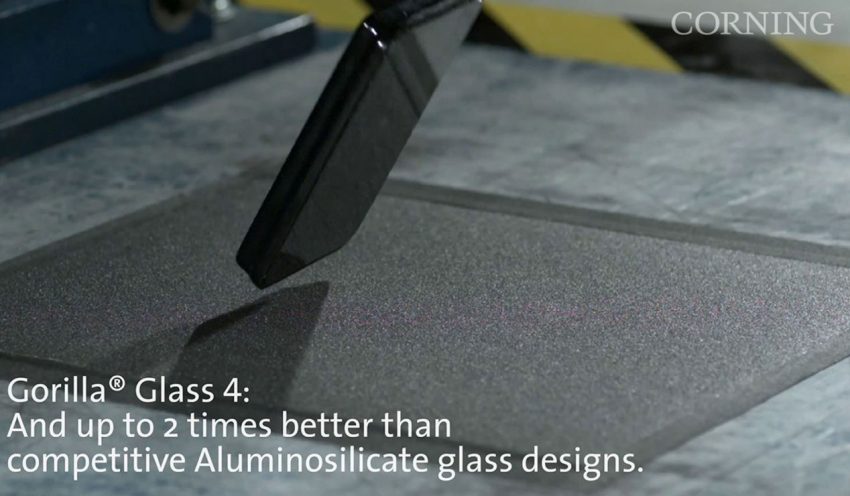Corning Agrees to End Anti-Competitive Practices to Avoid EU Fines
Corning, a leading U.S.-based manufacturer known for its Gorilla Glass technology, has taken significant steps to address concerns raised by the European Commission. The company has committed to ending exclusive supply agreements and other practices that were previously considered anti-competitive. This move comes as part of an agreement to avoid potential fines from the EU regulatory body.
Earlier last year, the European Commission launched an investigation into Corning, alleging that the company was stifling competition through its exclusive supply contracts. These agreements reportedly forced mobile phone manufacturers to source nearly all of their Alkali-AS glass needs from Corning, even offering rebates to encourage compliance. Such practices were said to have driven up prices and limited innovation in the market.
After reviewing Corning’s proposed commitments, the European Commission has accepted them and made them legally binding under EU competition rules. This means that Corning must now adhere to specific conditions to ensure fair competition within the European Economic Area (EEA).
Under the new agreement, Corning is required to “waive all exclusive dealing clauses in all its current agreements” with phone manufacturers and companies involved in processing raw glass. Additionally, the company will not be allowed to enter into any future exclusive deals. This change aims to promote a more open and competitive market environment.
In addition to these restrictions, Corning cannot require manufacturers or their suppliers to purchase any quantity of Alkali-AS Glass from it within the EEA. Globally, the company is also restricted from requiring manufacturers and their suppliers to purchase more than 50 percent of their needs from Corning. These measures are designed to prevent the company from exerting undue influence over the market.
Corning’s commitments will remain in effect for nine years, during which a trustee will monitor the company’s activities to ensure compliance with the agreed-upon terms. This oversight mechanism is intended to provide ongoing assurance that the company adheres to the new regulations.
According to Reuters, the European Commission has the authority to impose fines on companies that violate competition laws, potentially costing them up to 10 percent of their revenue. However, Corning avoided any financial penalties by agreeing to the settlement. In a statement provided to Bloomberg, Corning emphasized that the investigation was resolved without any fine, no finding of wrongdoing, and no material impact on its Gorilla Glass business or overall operations.
This agreement marks a significant shift in how Corning conducts its business in the EU and globally. By committing to these changes, the company aims to maintain its position as a leader in the glass manufacturing industry while complying with evolving competition standards. The outcome of this case could serve as a precedent for other companies facing similar regulatory scrutiny in the future.
